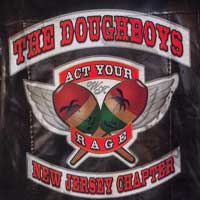 Artist: The Doughboys
Artist: The Doughboys
Title: Act Your Rage
Label: Ram Records 08-01
Released: January 2010
Genre: Rock / Garage Rock
Three of these band members cut a couple singles in Jersey in the 60s before they split up. Thirty–some odd years later, they regroup with a couple of new members and sound like they’re still in 1965.
When they cover the Kinks, they chose the cut, “It’s Alright.” It’s an early Kinks cut, more reminiscent of blues-based garage rock than the overtly English band they’d become. Lead singer Myke Scavone draws from the American blues from which it’s based, following the direction of Mick Jagger rather than Ray Davies. When he belts a ballad, like “Carmalina,” (the track I keep listening to over and over) he’s closer to Peter Wolf on the Geils’ debut album. On “Nobody’s Girl,” Scavone could be any of the lead vocalists on the first Nuggets collection.
What Scavone doesn’t sound like, is the lead singer of Ram Jam, the 70s band with the heavy version of Leadbelly’s “Black Betty;” which was produced by the bubblegum entrepreneurs, Kasanatz-Katz. But in truth, he was the pipes behind that song. Don’t let information influence your opinion of the band though. It’s just a bit of minutia, just like the fact that drummer Richie Heyman is the same person as power-pop performer, Richard X. Heyman.
buy tramadol
online tramadols
tramadol online
The album lags for four songs midway through. “Queen City” is straight-forward barroom rock, as is “12 Bars and I Still Have the Blues,” but they sound like something that might show up on a Bob Seger rarities collection. “Early Warning Wake Up Call” sounds more like an arena anthem and lacks the raw intimacy that most of the other cuts the CD delivers. “Desperate Delusion,” drops the names, Rodgers & Hammerstein and Jane Austen among others, that just don’t seem to cut it in my garage of rock.
But Scavone and the boys get back on track with the rave-up, “I’m Not Your Man,” which falls somewhere between the Yardbirds and Led Zeppelin. “Wishful Thinking” should make Tom Petty envious. The album closes with a cover of the Moody Blues, “Tuesday Afternoon,” a version that resembles the ‘what if the Moody Blues’ stayed true to their early R&B roots and forgot about all that bullshit orchestration?’
modafinils
purchase modafinil online
The only thing new to the band has to offer is that they do it right. Many of these throwback bands get the image and the proper gear, but it all sounds forced or over produced. The Doughboys experienced it and they still can play it. They sound honest. I’ve never seen them live, but if they ever come to town, I’m first in line.
It’s just four songs too long. Otherwise I’d give it an A.




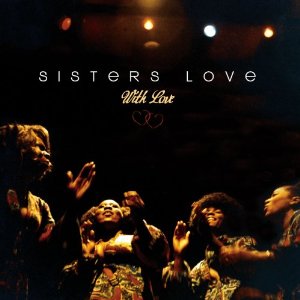
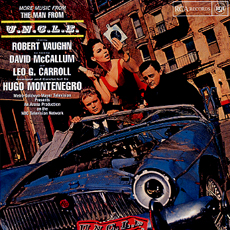 Artist: Hugo Montenegro
Artist: Hugo Montenegro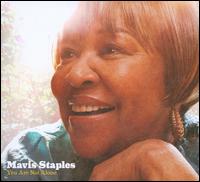 Artist: Mavis Staples
Artist: Mavis Staples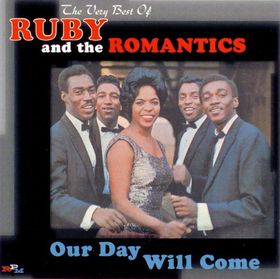 The song opens with the flourishing Hammond organ and the promise of a great future. “Our will come / And we’ll have everything / We’ll share the joy / Falling in love can bring.” It was 1963, and the tumultuous sixties were still young. The song rings of hope and happiness. To me, the song doesn’t only reflect the newness of young love, but an overall feeling of optimism.
The song opens with the flourishing Hammond organ and the promise of a great future. “Our will come / And we’ll have everything / We’ll share the joy / Falling in love can bring.” It was 1963, and the tumultuous sixties were still young. The song rings of hope and happiness. To me, the song doesn’t only reflect the newness of young love, but an overall feeling of optimism.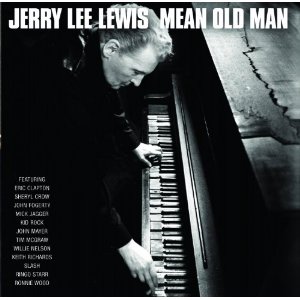 Artist: Jerry Lee Lewis
Artist: Jerry Lee Lewis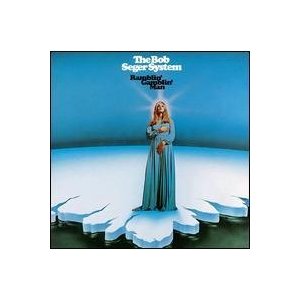 Admittedly, I am not a big Bob Seger fan. I’ll also confess, I’ve seen him live twice. Once by accident, and once as a high school senior on the “Against the Wind” tour. Most recently I saw him in New York City when I received a free ticket to see the David Letterman program in 2006. Mr. Seger was the musical guest, supporting his “Face The Promise” album.
Admittedly, I am not a big Bob Seger fan. I’ll also confess, I’ve seen him live twice. Once by accident, and once as a high school senior on the “Against the Wind” tour. Most recently I saw him in New York City when I received a free ticket to see the David Letterman program in 2006. Mr. Seger was the musical guest, supporting his “Face The Promise” album.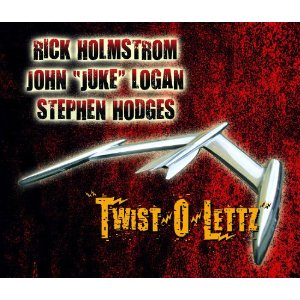 Artists: Rick Holmstrom, Juke Logan & Stephen Hodges
Artists: Rick Holmstrom, Juke Logan & Stephen Hodges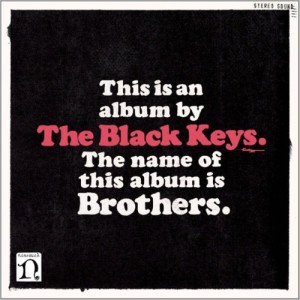 Artist: The Black Keys
Artist: The Black Keys Magic Mirror – Champagne & Hostages
Magic Mirror – Champagne & Hostages